The purpose of the interview
Throughout the interview process, it can surely be tempting to ‘vet’ potential employees until you’re blue in the face; after all, you need to be almost certain that they can and will fulfil the role required of them. Regardless of someone’s glittering CV credentials, or their self-professed ‘keen, analytic mind’, an employer cannot in good conscience hire someone who seems at all likely to clash with company culture.
It is therefore the job of the interview to understand and assess the person behind the CV:
- Are they humble and down-to-earth despite their past achievements?
- Can they think for themselves?
- Are they after more than just a plum salary?
However, rather than bombarding the candidate with notorious hypothetical questions about how many banana skins it takes to go around the circumference of the Earth, the good interviewer seeks to answer the above questions through gauging two broad aspects of the person sitting opposite from them:
- Their work ethic and skill
- Their personability
These traits are simple, but assessing whether someone possesses them is not. While the former is more easily determined than the latter, depending on the job, being personable can separate someone who is merely the fulfilment of a job description from someone who goes beyond what is expected of them, and benefits the health of the company as well as its explicit success.
Consequently, we suggest a minimum of two, and occasionally three, interviews in order to discover whether or not someone possesses both the ability to work and to cooperate with others. Three is more appropriate when interviewing for senior and management level roles.
The first interview should include very little discussion of work-related matters, existing purely to assess compatibility between the candidate and the interviewer. While this offers a glimpse into the candidate’s personality, it also allows the candidate to relax in what is normally a stressful first encounter. The applicant can therefore, crucially, assess the employer. After all, an interview’s no one-way street; the potential employee knows what he/she wants from a company, but it’s difficult to judge the company in question without having some personality shining through from the interviewer.
If the first interview is successful, then the interviewer has had an indication of the candidate’s personality. After this exploratory work, the interviewer needs to delve into the CV with the candidate, and thereby assess how well they could perform the given role. This is the only aim of the second interview.
Now that the candidate’s one-on-one personability and their workability have been established, their ability to thrive in a group setting should be assessed. As such, the third interview (advisable, not essential) could simply take the form of a meal or a drink with the candidate and their potential colleagues. Now that the work-dedicated second interview has taken place, the candidate can hopefully relax, allowing you to assess their true personality and, thereby, their compatibility with company culture. The team themselves represent this culture, meaning that they too can judge their potential new teammate’s suitability on a social level.
If the candidate is suitable for the job, then these two/three interviews will have discovered that they possess both workability and sociability. Even when conducting three interviews, the casual nature of the first and last means that the candidate is not left exhausted or intimidated, and the company has still been able to assess them in sufficient detail.
In summary, both the interviewer and the interviewee benefit from this type of interview process. Surely, then, it is in a company’s best interest to try and make interviews enjoyable and well-planned.



